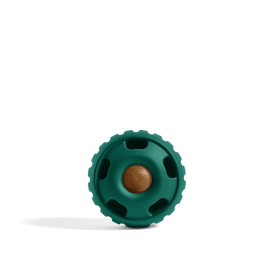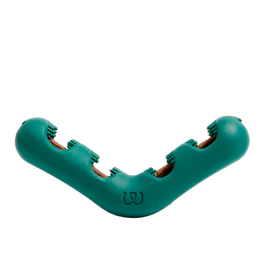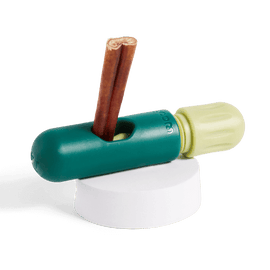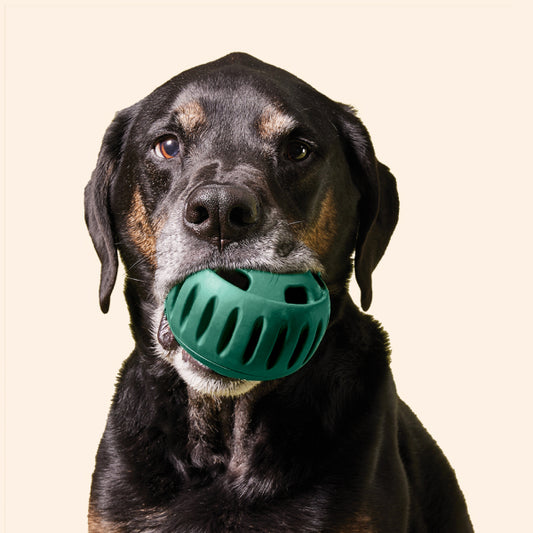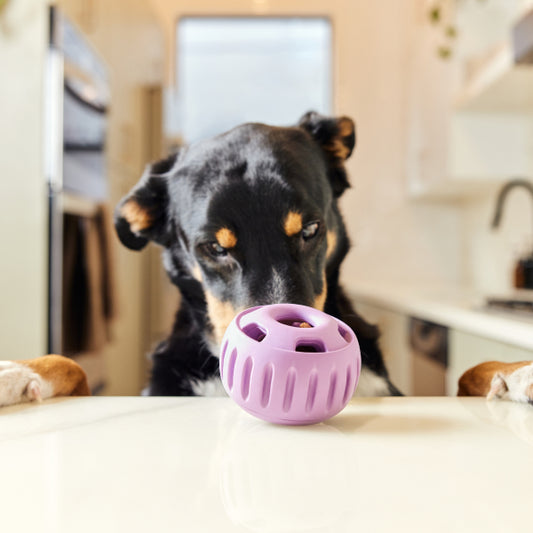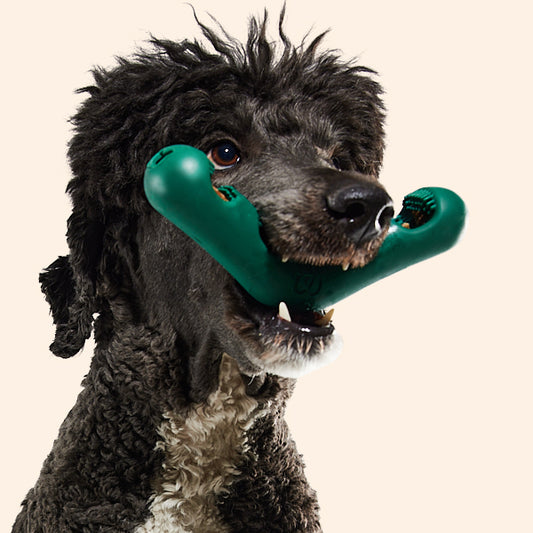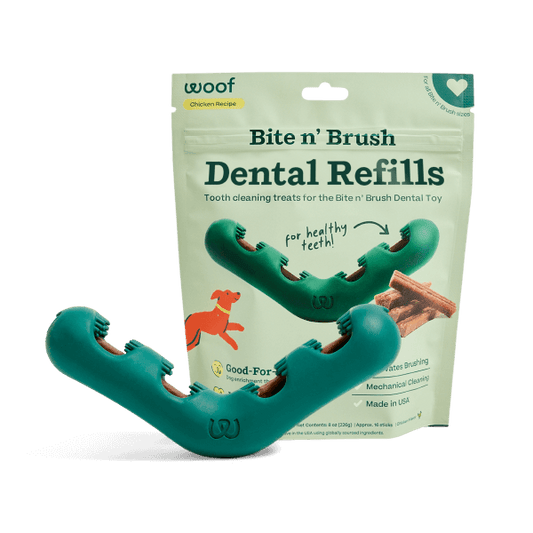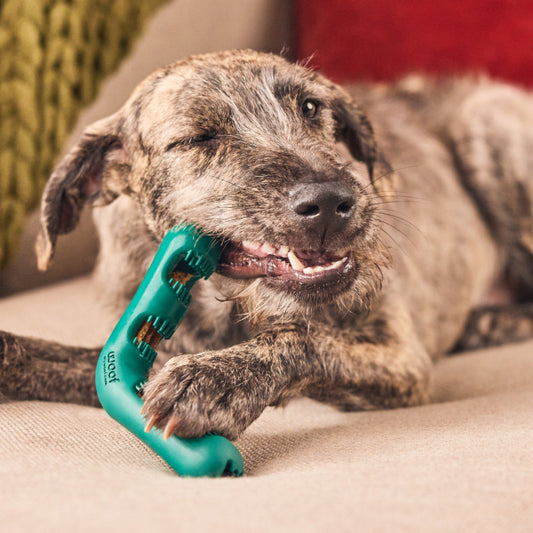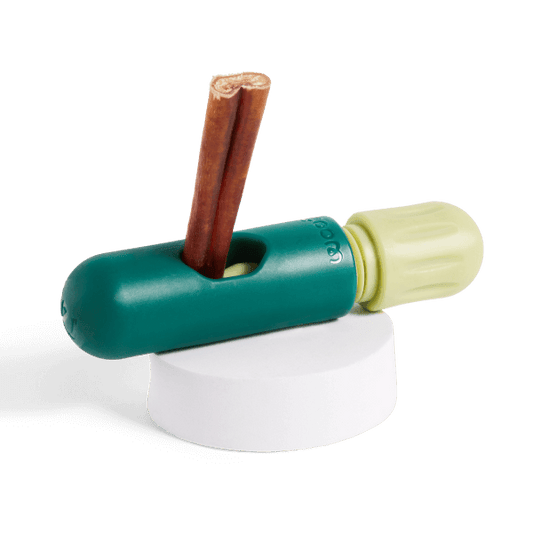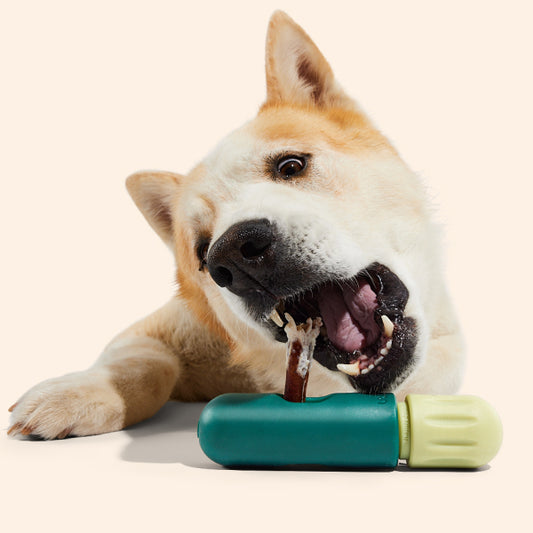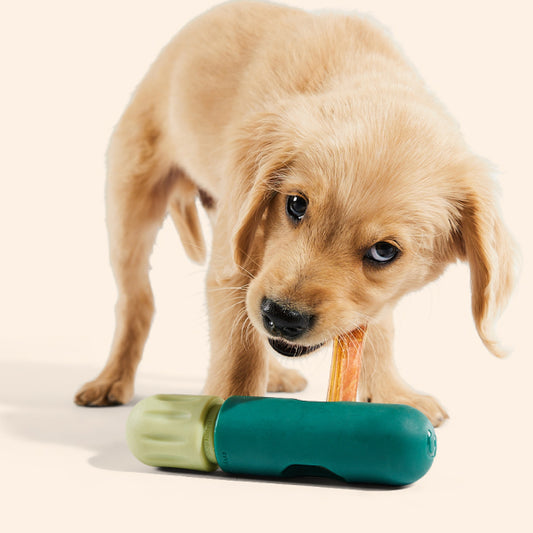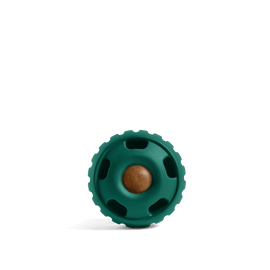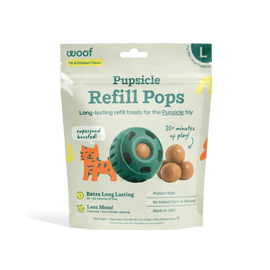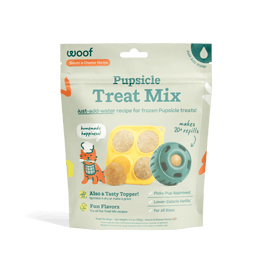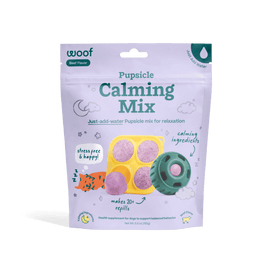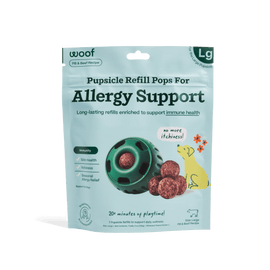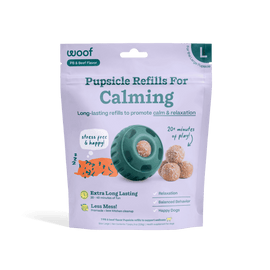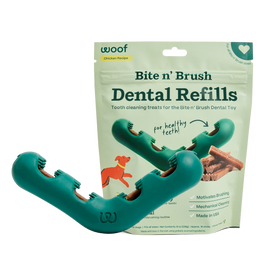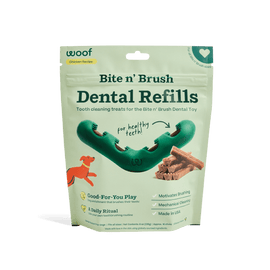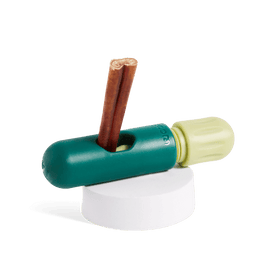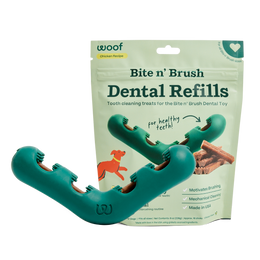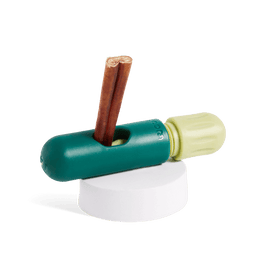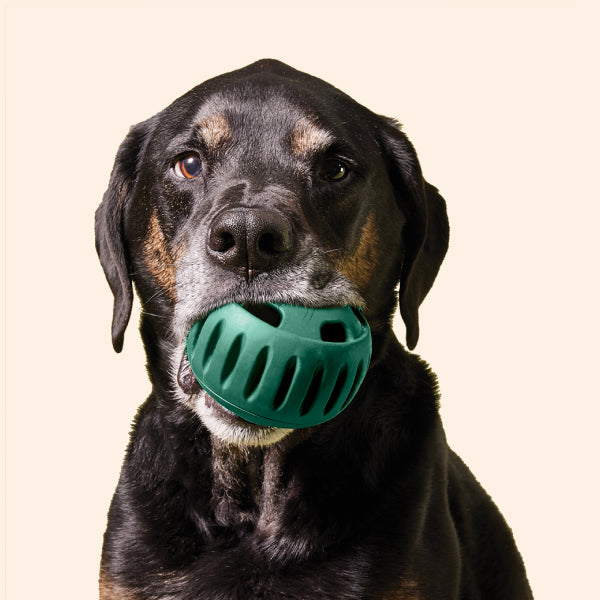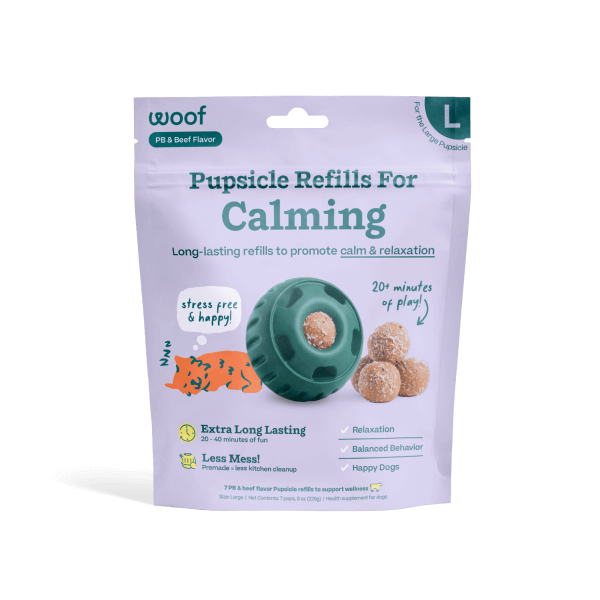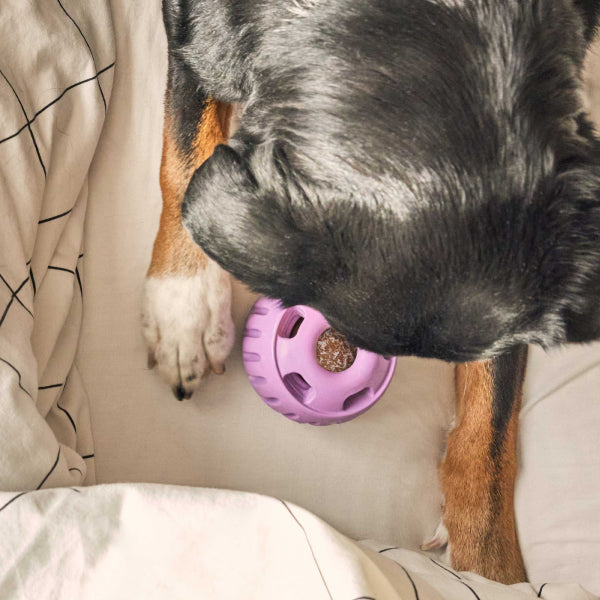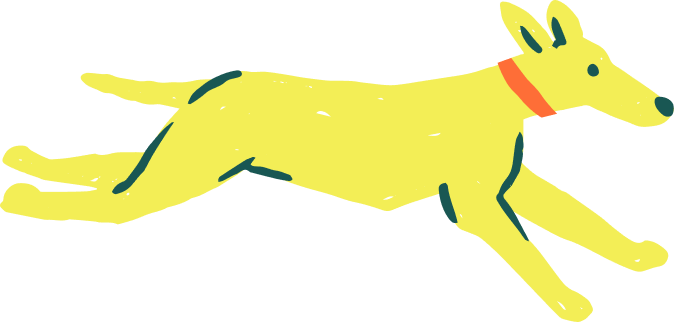
Bringing home a puppy is one of life’s great joys. It’s full of tail wags, nose boops, and those floppy, heart-melting moments. But with all the excitement comes a wave of adjustment—for you *and* your pup. Puppies are tiny explorers in a big, unfamiliar world, and like humans, they feel stress when things are new, confusing, or overwhelming.
Recognizing the signs of stress in puppies early on can help you guide them with empathy, patience, and confidence—laying the foundation for a well-adjusted adult dog. Let’s explore the subtle signals your puppy may use to say, "I need help," and how to respond in ways that build trust, not fear.
Understanding Puppy Stress: It’s Not Always Obvious
Because puppies can’t say "I’m nervous," they rely on body language and behavior to communicate stress. Some signs may be dramatic (like trembling), while others are easy to miss (like yawning when not tired). Watch for changes in your puppy’s normal patterns and energy levels.
Stress doesn’t mean you’re doing something wrong—it means your puppy is adjusting. The goal isn’t to eliminate all stress but to support your puppy in navigating it with positive experiences.
Top Signs of Stress in Puppies
- Excessive Whining or Barking: A vocal puppy may be trying to soothe themselves or express discomfort. If it's persistent, it’s worth exploring the root cause.
- Hiding or Avoidance: Ducking under furniture, avoiding eye contact, or walking away from people or situations may signal fear or overstimulation.
- Changes in Appetite: Skipping meals or eating less could be a sign of emotional or physical unease.
- Destructive Chewing: Chewing can be a stress outlet, especially if it happens more during transitions (like when you leave the room).
- Bathroom Accidents: Stress can disrupt house-training—even in puppies who’ve made progress.
- Pacing, Panting, or Drooling: Especially when not physically active, these can point to elevated stress or discomfort.
- Shaking or Trembling: Not just cold—this can reflect fear, especially during car rides or vet visits.
- Excessive Grooming: Repeated paw licking or body nibbling can be a form of self-soothing.
What Causes Stress in Puppies?
- Separation Anxiety: Being away from littermates, humans, or a safe space can be unsettling for young dogs.
- New Environments: New home? Different smells, sounds, and routines? It’s a lot to process.
- Overstimulation: Too many new experiences at once can overwhelm a puppy’s developing nervous system.
- Lack of Socialization: Limited exposure to different people, textures, noises, and animals during the critical imprinting period can contribute to long-term anxiety.
- Inconsistent Routines: Puppies thrive on predictability. Erratic feeding or potty schedules can add stress.
- Discomfort or Health Issues: Pain, teething, or digestive trouble can make puppies behave differently. Always rule out physical causes when behavior changes.
How to Help Your Puppy Feel Safe and Supported
The key to calming a stressed puppy is building trust. Show them the world isn’t scary—it’s full of safe routines, positive reinforcement, and nurturing love.
- Stick to a Routine: Regular feeding, potty breaks, naps, and playtimes give structure and reduce anxiety.
- Create a Safe Zone: Designate a cozy crate or quiet area with a blanket, toy, and maybe a Pupsicle for relaxing enrichment.
- Offer Calming Support: Products like our Calming Wellness Pops can help take the edge off naturally, especially during new routines or vet visits.
- Go Slow with Socialization: Introduce new people, sounds, and situations one at a time, with praise and gentle encouragement. Pair new experiences with Love Nuggets to create positive associations.
- Provide Mental Stimulation: Puppies need brain workouts too! Try frozen treats, puzzles, or gentle training games to redirect anxious energy.
When to Call the Vet or a Behaviorist
If your puppy shows prolonged or severe signs of stress—like extreme fear responses, refusal to eat, or compulsive behaviors—it’s time to get expert help. Your vet can rule out medical issues and refer you to a professional trainer or canine behaviorist. Early support can prevent long-term anxiety from taking root.
Final Thoughts: Nurturing Confidence, One Wag at a Time
Puppyhood is a time of rapid learning, and stress is a natural part of that journey. But with your calm guidance, consistent care, and maybe a warm broth at bedtime, your puppy can grow into a confident, secure, and happy dog.
At Woof, we believe every tail wag starts with trust—and recognizing stress early is the first step to building it. Keep observing, keep supporting, and enjoy watching your puppy blossom.

